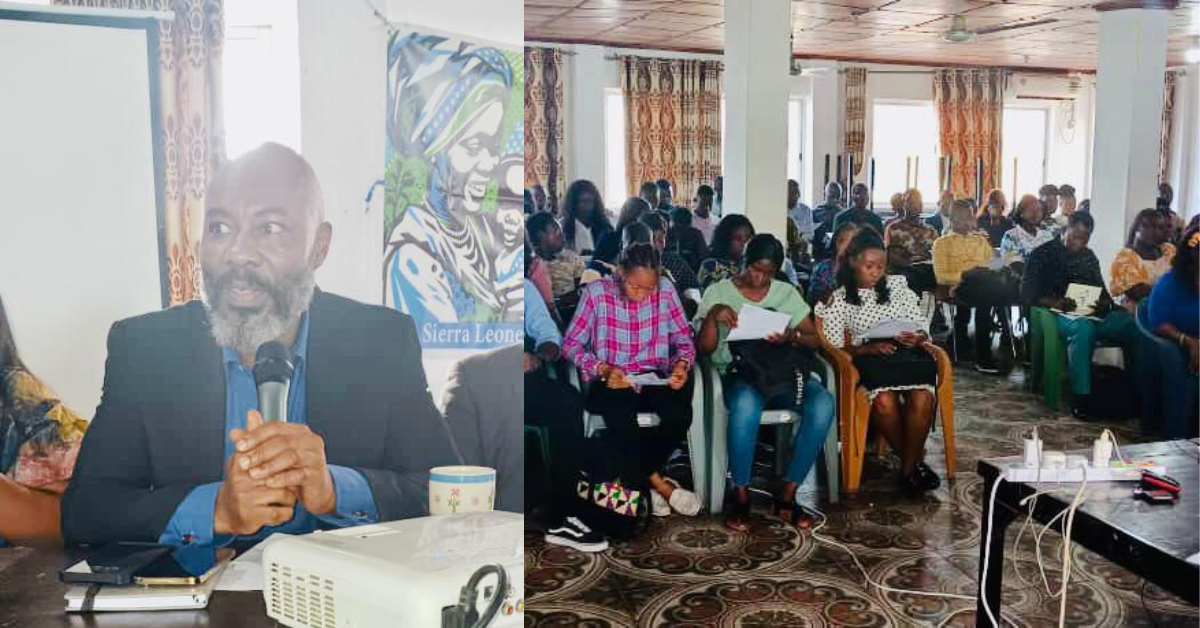Statistics Sierra Leone (Stats SL) has commenced a six-day training session for its field staff as part of preparations for the seventh round of the Sierra Leone Multiple Indicator Cluster Survey (SLMICS 2025).
The training, which focuses on structure mapping and household listing, aims to ensure accurate and credible data collection for the nationwide survey.
The training equips participants with the skills to conduct structure mapping, a process where all buildings within selected enumeration areas (EAs) are marked, and household listing, which involves recording details of family units using Computer Assisted Personal Interview (CAPI) technology. These activities are crucial for defining secondary sampling units for the main data collection phase.
SLMICS, initiated by UNICEF in the 1990s, provides internationally comparable data on indicators related to the welfare of women and children. The 2025 survey will contribute to evidence-based policymaking and progress monitoring for national and global development goals.
UNICEF’s Research and Evaluation Specialist, Erika Tsuruyama, highlighted the importance of the survey during her remarks, stressing the need for technical and collaborative efforts to ensure high-quality data collection.
Deputy Statistician General Lansana Kpewolo Kanneh described the mapping and listing exercise as both critical and complex, emphasizing its role in the success of the survey. “Your commitment to this exercise will determine the credibility of the 2025 SLMICS,” he said, formally opening the training.
Also in attendance were Mohamed Koblo Kamara, Director of Demographic Health and Social Statistics Division; Miriam B. Jalloh, SLMICS National Coordinator; Samuel Ansumana, Director of Communication and Public Relations Division; Eleanor Keeble, SLMICS consultant; and other officials from Stats SL.
The training underscores Stats SL’s commitment to producing reliable data to inform national development initiatives.











